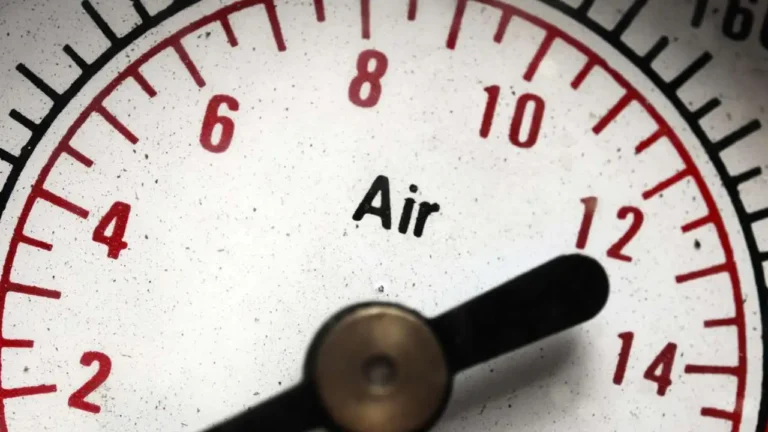Welcome to this test on everyday science MCQs on air pressure. This test will help you learn about air pressure and how it works in our daily life. Air pressure is the weight of air around us. It affects many things, like why your ears pop when you go up a hill or how a straw works when you drink juice.
In this test, you will find simple everyday science MCQs on how air pressure works and its importance. For example, have you ever wondered why weather changes when air pressure changes? These questions will help you find the answers.
Everyday Science MCQs: Air Pressure
Who first explained the relationship between pressure and volume of air?
- Galileo Galilei
- Robert Boyle
- Isaac Newton
- Charles Darwin
Right Answer: (B) Robert Boyle
What does Boyle’s Law say happens to air volume when you increase the pressure?
- It gets bigger.
- It gets smaller.
- It stays the same.
- It disappears.
Right Answer: (B) It gets smaller.
What must stay the same for Boyle’s Law to work?
- The temperature
- The height of the air
- The weight of the air
- The type of gas
Right Answer: (A) The temperature
How does a barometer measure air pressure?
- By showing how much air weighs.
- By showing the temperature of the air.
- By using mercury to measure air pressure.
- By counting the oxygen in the air.
Right Answer: (C) By using mercury to measure air pressure.
If the air pressure on a gas becomes twice as much, what will its size do?
- It will double.
- It will stay the same.
- It will become half.
- It will disappear.
Right Answer: (C) It will become half.
What instrument is used to measure air pressure?
- Thermometer
- Barometer
- Hygrometer
- Altimeter
Right Answer: (B) Barometer
What is the normal atmospheric pressure at sea level?
- 760 mm of mercury
- 300 mm of mercury
- 500 mm of mercury
- 900 mm of mercury
Right Answer: (A) 760 mm of mercury
Which barometer is used for measuring heights during mountain climbing or ballooning?
- Mercury barometer
- Aneroid barometer
- Fortin’s barometer
- Thermometer
Right Answer: (B) Aneroid barometer
Why does air pressure vary with altitude?
- Because temperature decreases at higher altitudes
- Because air becomes less dense as altitude increases
- Because the Sun is closer at higher altitudes
- Because wind speed increases at higher altitudes
Right Answer: (B) Because air becomes less dense as altitude increases
What kind of weather is generally associated with high air pressure?
- Wet and squally weather
- Fine and dry weather
- Stormy weather
- Cold and snowy weather

